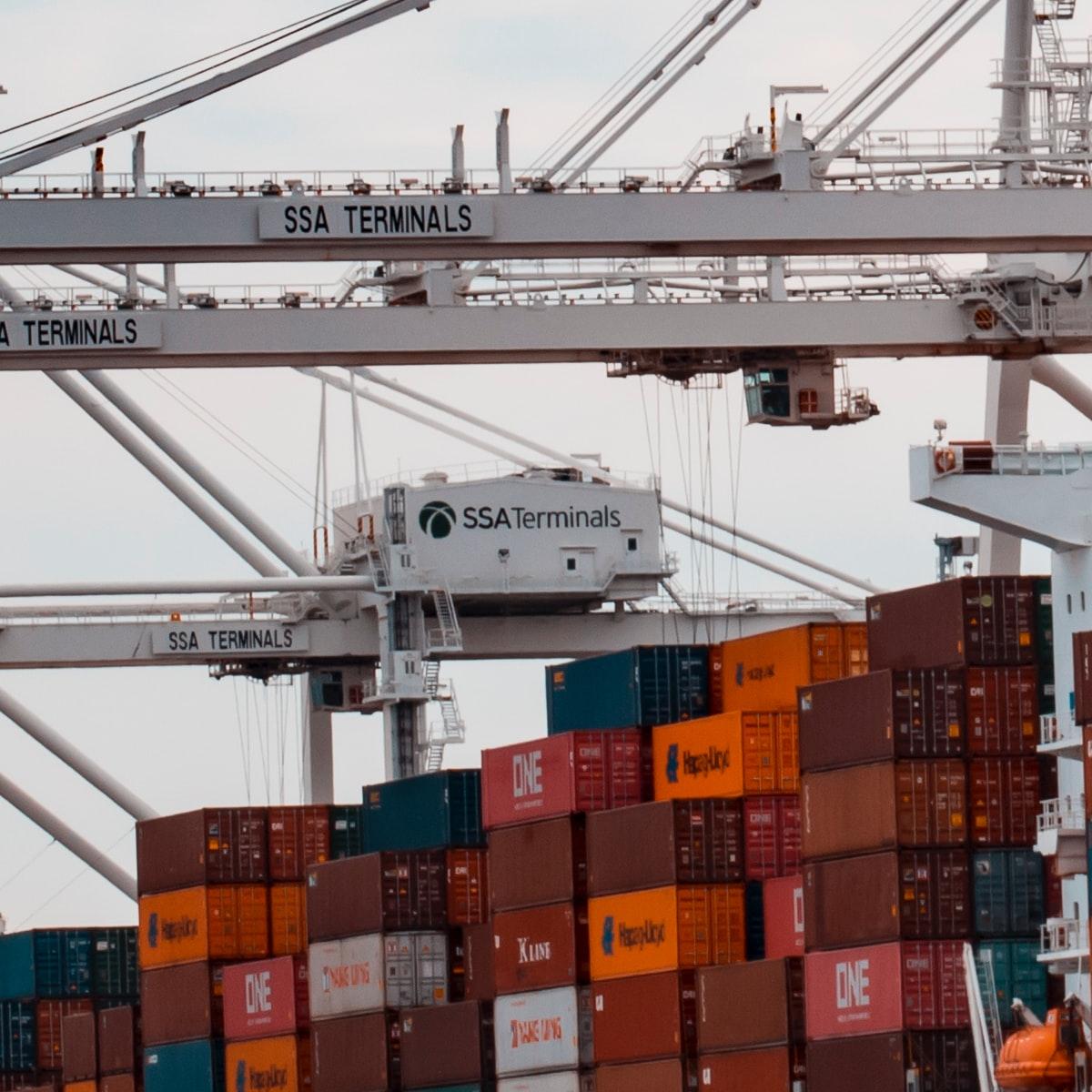Programme Development Process
Establish advisory group

Conduct scoping review

Mapping existing and relevant policies and initiatives across sectors is a key step towards further coordination and development of integrated Sustainable Consumption and Production (SCP) policies or initiatives at national level.
This initial scoping exercise will help identify a baseline, as well as the assets and policy entry points for a more strategic and holistic approach to SCP in the country.
The Multi-Partner Trust Fund project of the 10YFP for sustainable housing involved the development of a toolkit piloted in Burkina Faso and Sri-Lanka. In both countries the success of the programme was the engagement with the authorities to establish a multi-stakeholder group of experts led by a focal point from the government. The Sustainable Buildings and Construction Roadmaps were then developed by the United Nations Country Teams using the toolkit and with the support and validation of the expert groups to be endorsed by the governments. The final step of the piloting was to analyse large housing projects using the toolkit and to identify the potential and gaps for improvement in future projects and housing programmes.
Select priority area

National Action Plans for SCP integrate supply (production) and demand-based (consumption) instruments into a coherent strategy, connecting long-term vision to medium-term targets and short-term action.
They are also aimed at the review of existing policies and initiatives through the lens of sustainable consumption and production, as well as at the development of new sectoral or issue-based plans and policies.
The government of Argentina developed its SCP strategy by conducting an analysis of consumption and production patterns with the Support of UNEP using the SCP Hotspot Analysis Tool. This tool can be in detail found on the SDG12 Hub.
Set institutional framework

Engaging relevant line Ministries and not only focusing on Ministries of Environment is key to establish a coherent strategy.
UNEP through the 10YFP Multi-Partner Trust Fund conducted the project: Re-Thinking our Food Systems: A Guide for Multi-stakeholder collaboration" It followed multi-stakeholder engagement of a piloting exercise in Uganda to promote Sustainable Food Systems to support the country’s Scaling up Climate Ambition on Land Use and Agriculture (SCALA project). Different Line Ministries were involved as part of the steering Committee. This case is featured on the Re-think Buildings Toolkit available on the SDG12 Hub
Define objectives & set targets

The objectives and target should aim to address SCP country-specific needs and aspirations. These should be SMART (Specific, Measurable, Achievable, Relevant and Time-bounded).
The government of Honduras started the elaboration of its National Action Plan on Sustainable Consumption and Production with the support of UN Environment. This project involved “Planning for Change” methodology, consultation and socialization workshops, dissemination and outreach activities, and the organization of a national roundtable on Sustainable Consumption and Production together with a high-level political event that will ensure effective implementation of this initiative. The main goal of the project is to support the achievement of the country’s sustainability aspirations.
Select policies & initiatives

Policies and initiatives on SCP should follow a systemic and integrated approach across sectors, while identifying impactful intervention areas.
Policies and initiatives can be of very various kinds:
- Frameworks and processes (e.g. international agreements, bilateral agreements, strategic planning, action plans, enhancement of existing policies, new institutions/entities);
- Analysis and assessment (e.g. policy opportunity and impact assessments, hotspot analysis or life cycle assessment, collection of data or case studies, indicators);
- Regulatory instruments and legal reforms (e.g. laws, standards, enforcement measures);
- Public and private investments (e.g. investment programmes, procurement programmes);
- Economic and financial instruments (e.g. taxes and tax incentives, grants, preferential loans);
- Production and value chain management (e.g. integrated product policy, product/service design, production);
- Partnerships and voluntary agreements (e.g. multi-stakeholder partnerships, sectoral partnerships, codes of conduct, Corporate Social Responsibility (CSR) initiatives);
- Information, awareness raising and education (e.g. consumer information, eco-labels and certification, formal / non formal education, public / media campaigns);
Research and development (e.g. research programmes, technology development); Capacity building and technology transfer (e.g. advisory services, trainings, best practices sharing, development of guidelines, toolkits, manuals).
Official approval of programme

A programme Board should facilitate approvals of the programme, including due diligence of milestones and the duties of the roles and responsibilities of the programme management organisation.
Implement programme

Programme implementation should follow thorough programme and project management principles and strategies to monitor impact.
The five phases of project management include conception and initiation, project planning, project execution, performance/monitoring, and project close. Programme implementation oversees the execution, performance/monitoring and project close. The programme usually involves the management of a pipeline of projects, overseeing impactful results.
As example UNEP has assisted over 75 projects on climate change adaptation in over 50 countries. Combined, the projects are aiming to benefit around 2.5 million people, restore 113,000 hectares of land, improve climate adaptation knowledge of 60,000 people and 131 institutions, and build over 1,100 water harvesting structures and 82 weather stations, Climate Adaptation Project List | UNEP - UN Environment Programme
Document, monitor & evaluate

Monitoring and evaluation is key to assessing the outcomes delivered by Sustainable Consumption and Production policies and initiatives - it is therefore a central component of the policy cycle. Ongoing monitoring and evaluation of a policy or programme should always be undertaken to enable learning and enhance performance throughout implementation, and to further ensure the accountability of parties involved.
This process of monitoring should also evolve as better methodologies and data become available, and be updated as the policies are continuously improved.
- Monitoring progress towards a political objective: when indicators are used in this way there is often a target to be achieved within a certain time frame.
- An example could be that by a specific year products meeting certain sustainability criteria should make up 20 per cent of the government’s procurement.
- Monitoring trends in areas of key relevance to Sustainable Consumption and Production: in such cases where no targets have been set, the government may find it useful to monitor changes in important areas of consumption and production, especially those of high environmental and social significance.
- Benchmarking against patterns of consumption and production in other countries: comparisons with other countries can be of value in the policy process to identify countries’ comparative performance, and areas that require new or stronger policies. One needs to be aware that statistical definitions may differ - comparing indicators between countries without checking that definitions are similar can lead to erroneous conclusions.
- Raising awareness and improve accountability: selected indicators may be suitable for regular reporting to society at large. They can provide information on whether or not the country is moving towards more sustainable patterns of consumption and production. Reporting regularly to the public also helps in improving the accountability of policy making.
Sustain & improve

Actions to be taken before, during and after the completion of the programme should that the programme, related projects and impact continue once the funds have been disbursed. This section should also provide information on the possibility to replicate programmes/projects in other regions or countries after completion.
The guide describes the project size and instruments of the 10YFP such as the Multi-Partner Trust Fund. This is an example of an inter-agency mechanism that will further promoted by the One Planet Network together with UN Agencies working on promoting SCP.